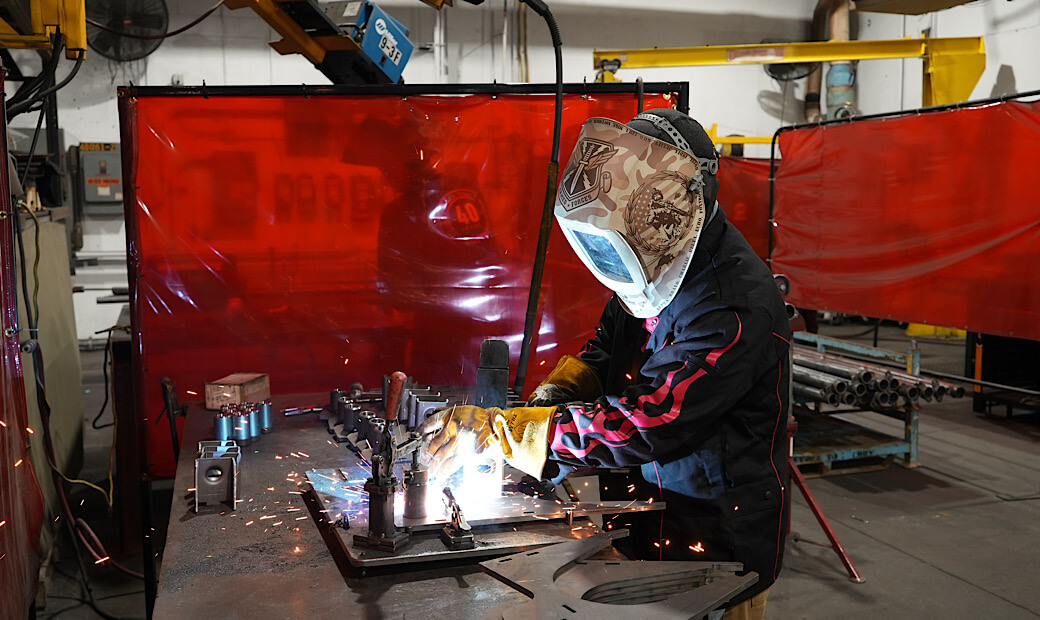Choosing a career path after high school is a significant decision, and understanding the potential earnings in a chosen field can be a major factor. Welding is a skilled trade that offers competitive salaries, especially for those willing to pursue certifications and gain experience. This article provides detailed insights into how much welders make, exploring factors that influence salaries and what high school graduates can expect as they embark on a welding career.
Entry-Level Salaries
For high school graduates entering the welding profession, entry-level wages can vary significantly based on factors such as location, industry, and level of training. On average, entry-level welders can expect to earn between $30,000 and $40,000 per year. However, according to data from the Economic Research Institute (ERI), the national average entry-level wage for welders ranges from $40,000 to $50,000 per year. Furthermore, the ERI reports that the median annual wage for welders, cutters, solders, and brazers stands at $51,024, reflecting the earning potential as experience and skill level increase.
Median Salaries
According to the Bureau of Labor Statistics, the median annual wage for welders, cutters, solderers, and brazers was $44,190 as of May 2019. This figure represents the midpoint of earnings, with half of welders earning more and half earning less. Different industries offer varying wage levels. Welders working in specialized fields such as aerospace, oil and gas extraction, and electric power generation typically earn higher wages than those in manufacturing or construction.
Unionized welding jobs often provide higher wages, better benefits, and more job security compared to non-union positions. Joining a welding union can be advantageous for welders seeking higher pay and improved working conditions.
Experienced Welders and Specializations
As welders gain experience and pursue specialized certifications, their earning potential increases significantly. Experienced welders with advanced skills can command salaries well above the median wage.
Welders who obtain certification as a welding inspector can earn salaries ranging from $60,000 to $80,000 annually. Inspectors are responsible for ensuring the quality and safety of welding work, a critical role in many industries. This highly specialized field offers some of the highest wages in the welding profession.
Additional Factors Influencing Salaries
Several other factors can influence a welder’s salary, including overtime and shift work. Many welding positions offer opportunities for overtime, which can significantly increase annual earnings. Additionally, welders who work night shifts or in hazardous conditions often receive premium pay.
Economic conditions also play a role. The demand for welders can fluctuate with economic conditions and industry cycles. During periods of economic growth and infrastructure development, the demand for skilled welders increases, often leading to higher wages.
Welders who continually update their skills and stay abreast of new technologies and techniques remain competitive in the job market. Continuous professional development can lead to higher-paying positions and more career opportunities.
Encouraging High School Graduates to Pursue Welding
At Chief Industries, we understand the importance of providing clear career and salary information to help high school graduates make informed decisions. Welding offers not only competitive salaries but also the satisfaction of a hands-on, skilled trade with ample opportunities for advancement.
We are committed to supporting aspiring welders with training programs, apprenticeships, and career opportunities. By investing in education and professional development, we help welders achieve their full earning potential and build successful careers.
Explore the potential of a welding career with Chief Industries. Visit our website or contact our team to learn more about the educational paths and opportunities we provide. Your future in welding starts here.

